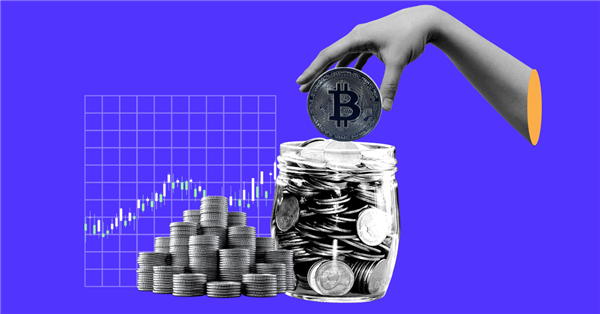The recent remarks by Charles Hoskinson, the founder of Cardano, criticizing the U.S. Securities and Exchange Commission (SEC) for classifying ADA as a security have sparked a broad debate within the cryptocurrency community. This debate intensified following comments from various industry figures, including Australian lawyer Bill Morgan, who noted inconsistencies in the SEC’s approach towards cryptocurrencies.
A court ruling declared that XRP, a prominent digital currency, is not a security. The ruling has been welcomed by the XRP community and is seen as a beacon of hope for other cryptocurrencies facing similar scrutiny.
Bill Morgan’s Perspective: Challenging the “Bitcoin Maxi Myth”
Bill Morgan, an Australian lawyer, weighed into the discussion with a critical insight, referencing a court’s decision regarding XRP. According to Morgan, the court’s stance that XRP is not a security directly contradicts the widely held belief among Bitcoin maximalists that Bitcoin is the sole cryptocurrency beyond the purview of security classification. Morgan’s argument strongly emphasises the ongoing confusion and inconsistency in the regulatory treatment of digital assets.
Cardano’s Clash with the SEC: A Broader Impact
Cardano, a key player in the crypto sphere, is engaged in a significant legal battle with the SEC over the classification of ADA. This conflict is emblematic of broader issues in the crypto world, as it contrasts Cardano’s decentralized nature with the rigid regulatory frameworks currently in place.
These developments challenge the widely accepted narrative that Bitcoin is the only crypto asset outside the security classification. Bitcoin has long been viewed as a unique entity due to its decentralized creation and absence of a controlling organization. However, the XRP ruling and Cardano’s dispute suggest that other cryptocurrencies could also be seen in a similar light, potentially reshaping the regulatory landscape.
The implications of these events are vast. A shift in regulatory perception could lead to increased adoption and acceptance of cryptocurrencies like XRP and Cardano. It also pressures regulatory bodies like the SEC to develop more consistent and transparent guidelines for crypto assets. This demand has been growing steadily within the crypto community.
Source: Read Full Article
